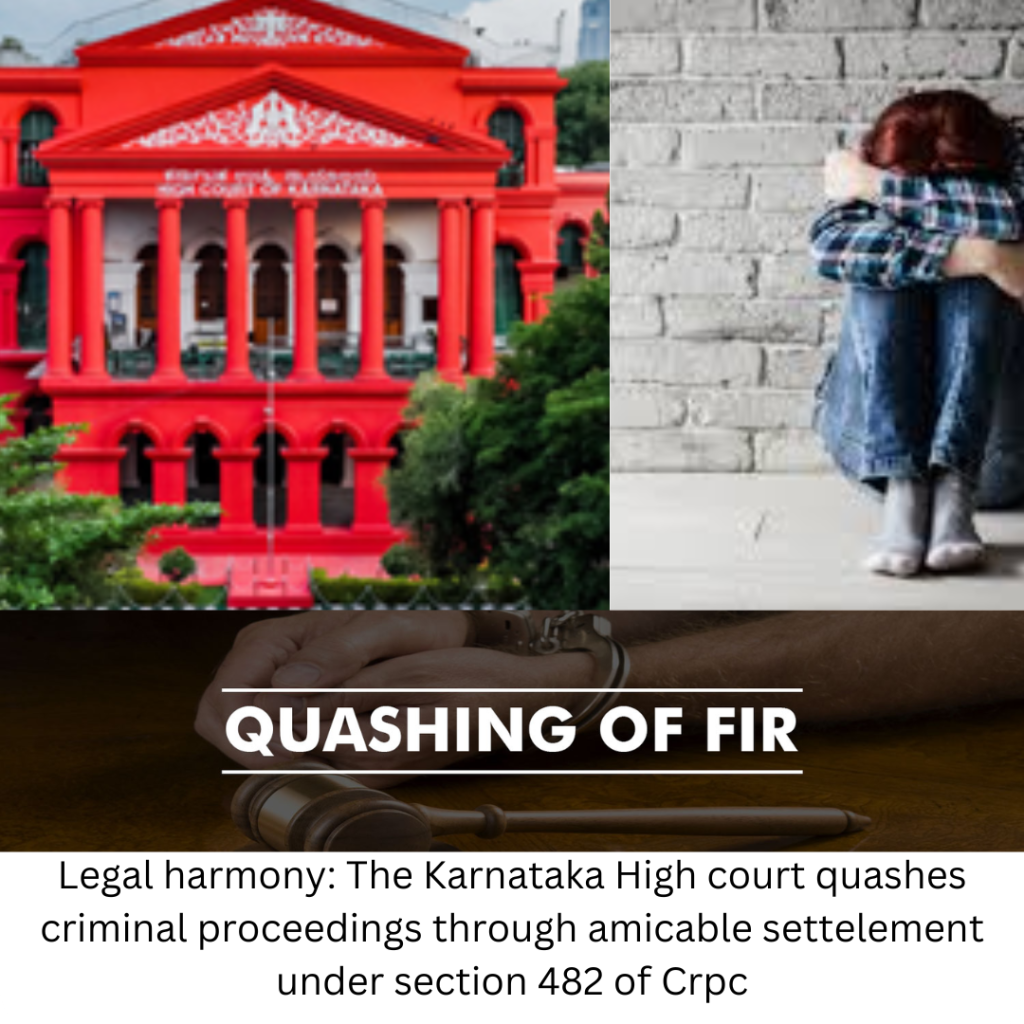Bombay High Court: A child cannot be utilized as a toy, rather must be considered as a human being
Bombay High Court: A child cannot be utilized as a toy, rather must be considered as a human being
Background
The couple, who were both US citizens, was married in California. The infant was born in Paris in February of 2019. But shortly afterward, their relationship soured, and the father moved the child to Goa after receiving an ex-parte custody order from a Californian court. The mother then arrived in India, and the divorced couple proceeded to seek for custody before the family court in Mapusa. In its ruling, the High Court stated that it had changed a family court’s June 2023 ruling in October 2023, giving the father visitation rights while maintaining the child’s mother’s custody. However, because of the child’s illness, the father was unable to use his visitation rights. As a result, the father submitted a second application to the family court in Mapusa asking for custody of the child throughout the summer break from school. In an order issued on May 8 of this year, the family court stated that the child’s illness precluded the father from obtaining visitation rights. As a result, it gave him seven weeks of summer break custody of the child while giving the mother only five. In opposition, the mother then filed a move with the High Court. The father was appropriately given extra time by the family court since the High Court rejected his argument that he may receive compensation for his lost visitation privileges.
Matter of concern
It is to be decided to whom the child should be attributed custody.
Court’s observation and decision
The father was appropriately given extra time by the family court since the High Court rejected his argument that he may receive compensation for his lost visitation privileges. The judge declared that it was not in the best interests of the five-year-old child for the family court to have granted the father seven weeks of custody of the youngster. A mother’s presence is extremely important for a child at this vulnerable age. But the father’s requirements must also be taken into account while determining custody and visitation privileges, the court stated. The solitary court stated that the child’s best interests must be taken into account and that he has the right to spend the holiday with both of his parents. The Court concluded that it would be reasonable to distribute the vacation time equally amongst parents. In order to preserve and strengthen the relationship between family members, parents and children have the right to use such vacation time to spend quality time with their respective mothers, fathers, and relatives. The order stated that the child should have the chance to get to know both the mother’s and father’s family. Therefore, the Court held that the vacation of 11 weeks could be divided equally between mother and father. It, therefore granted five weeks’ custody to each of the parents. The court observed that, in a child custody case that a child involved in a custody dispute cannot be utilised as a toy by his parents but rather must be considered as a human being and his interests must be given primary significance.
“PRIME LEGAL is a full-service law firm that has won a National Award and has more than 20 years of experience in an array of sectors and practice areas. Prime legal fall into a category of best law firm, best lawyer, best family lawyer, best divorce lawyer, best divorce law firm, best criminal lawyer, best criminal law firm, best consumer lawyer, best civil lawyer.”
Written By- Shreyasi Ghatak




